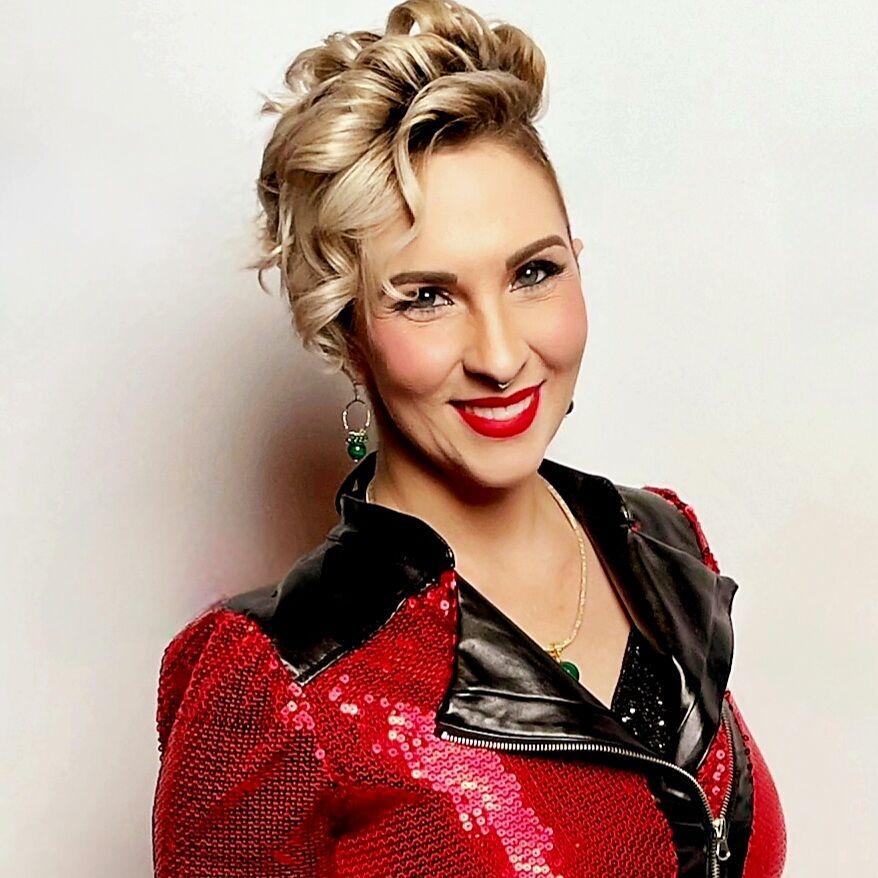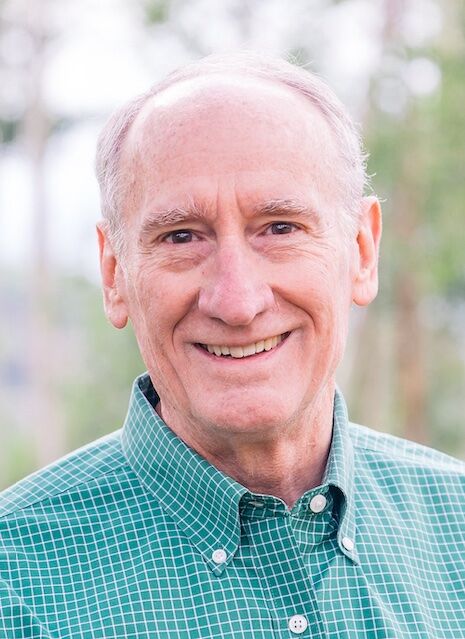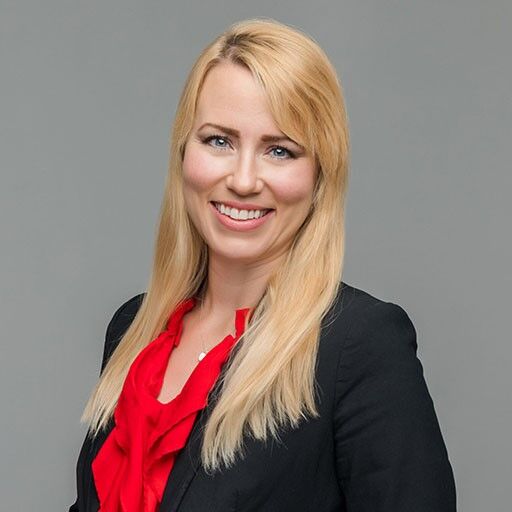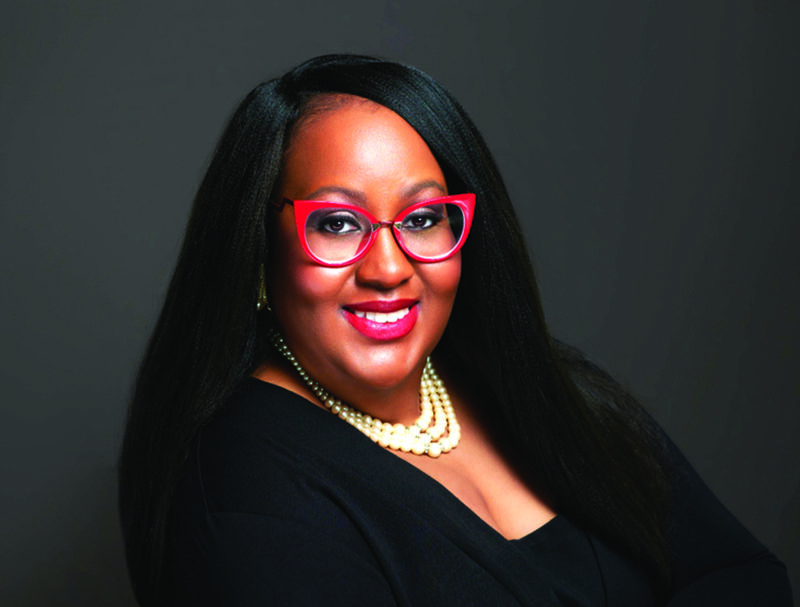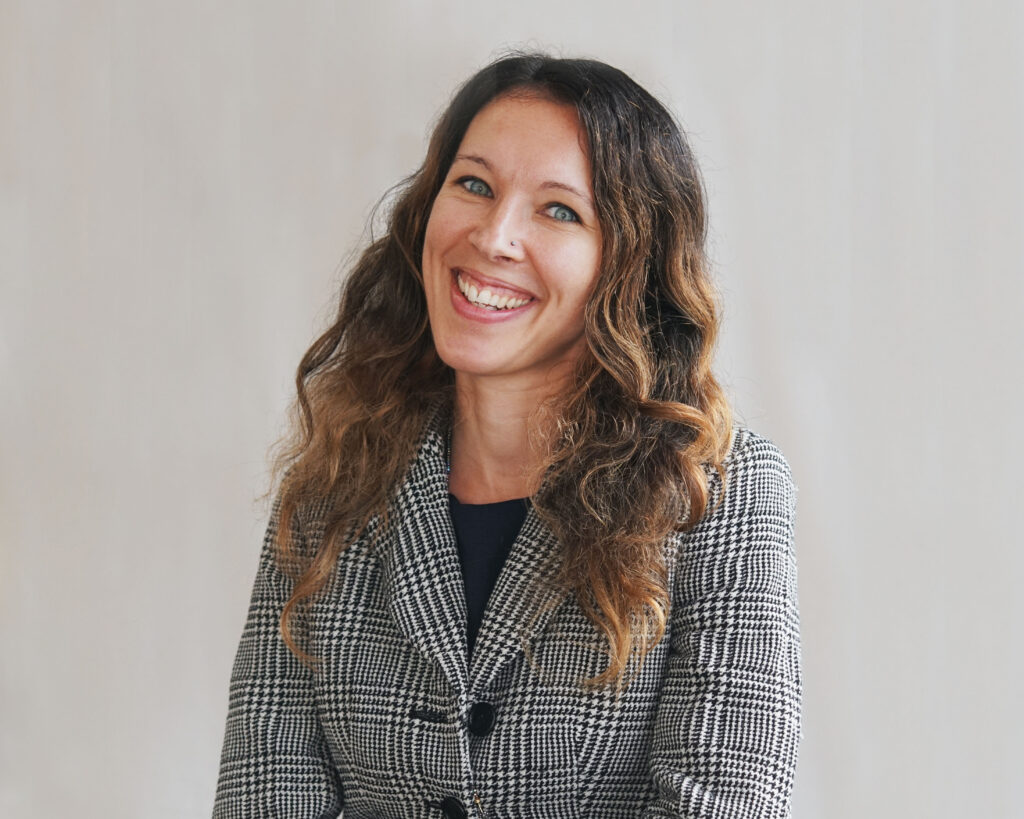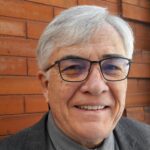Let’s listen to Latinos on climate action
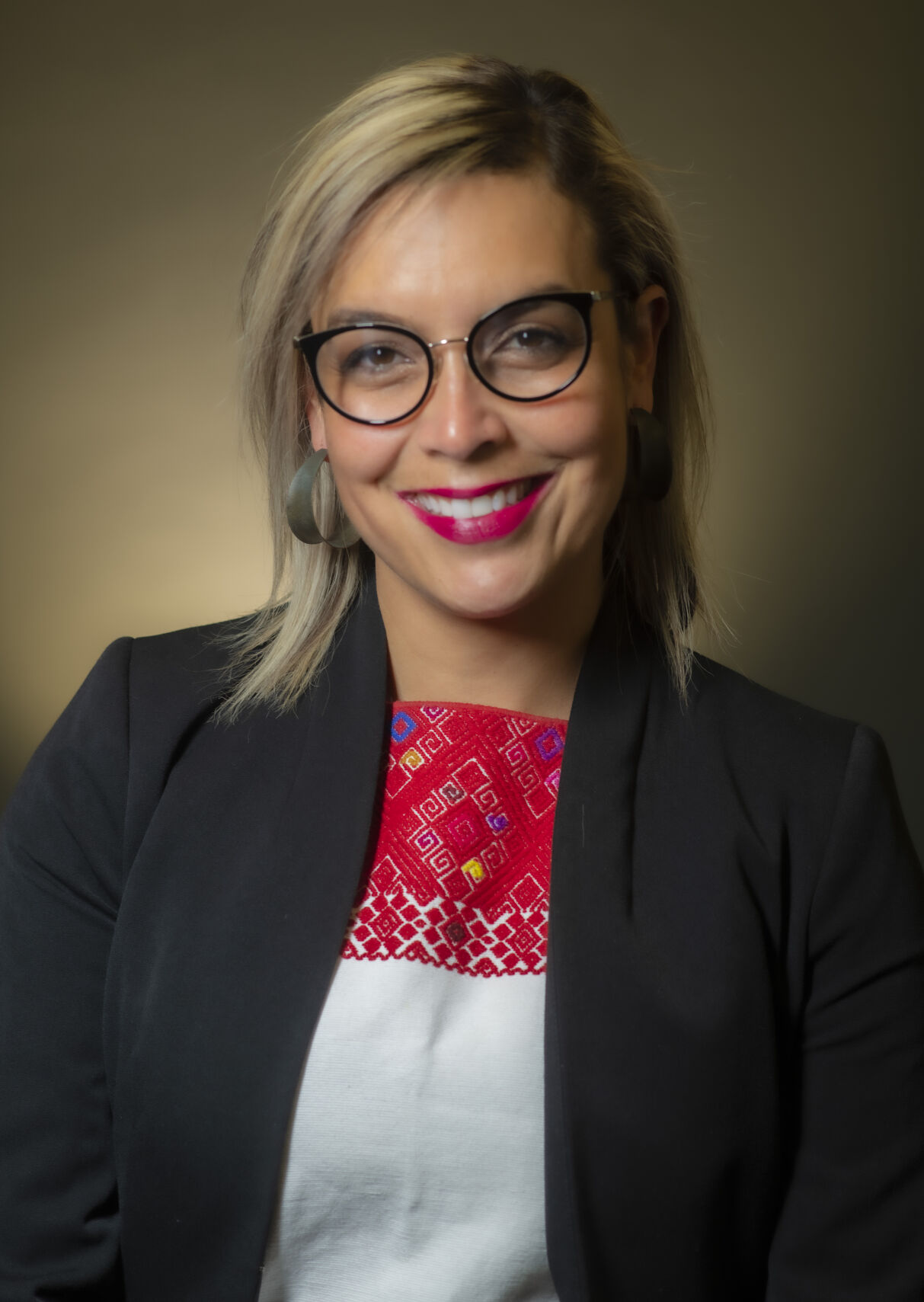
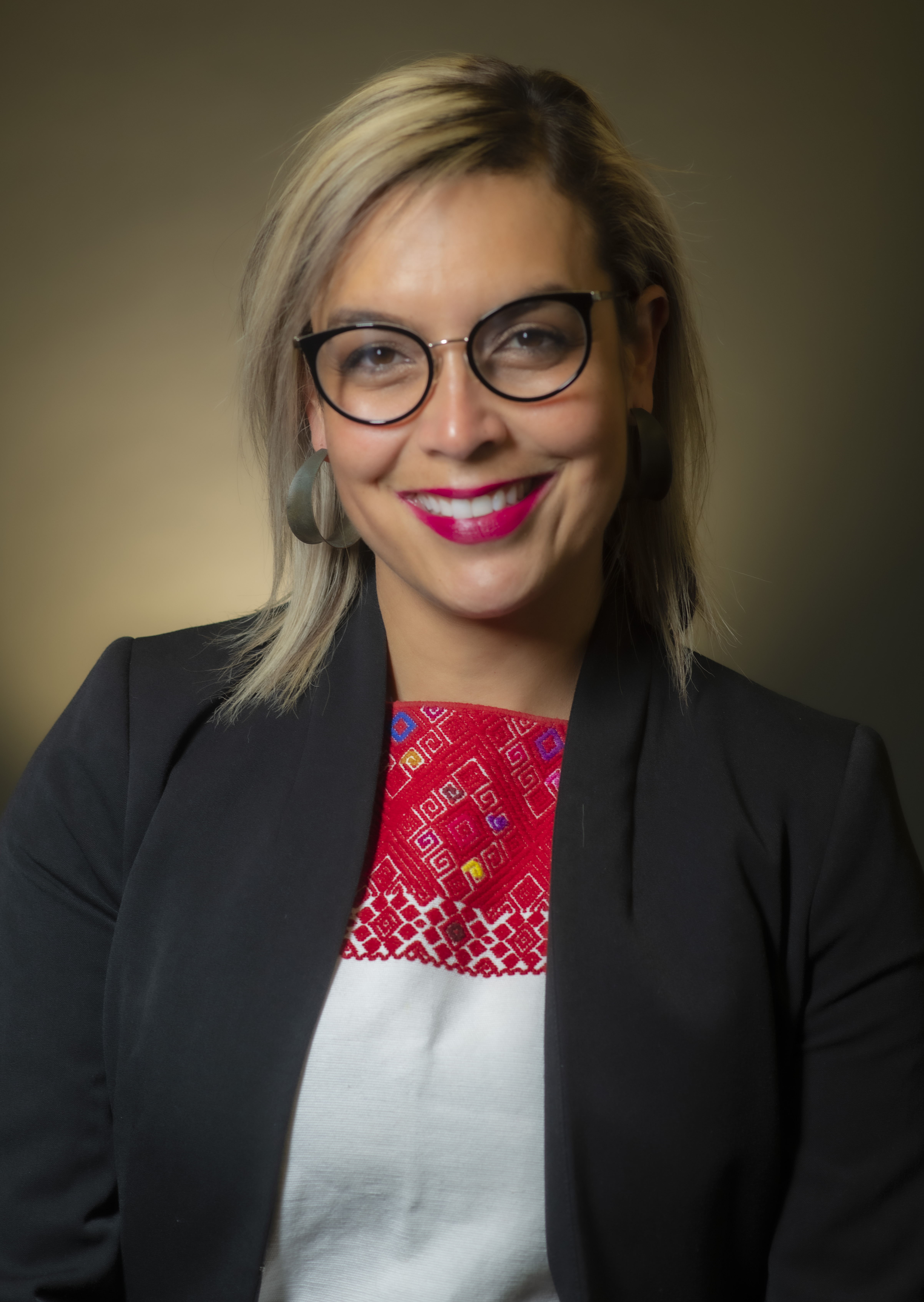
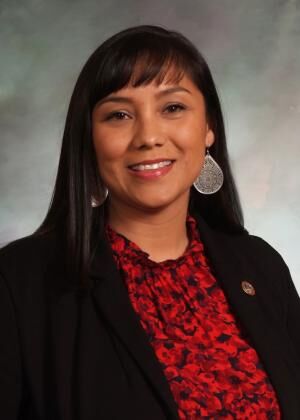
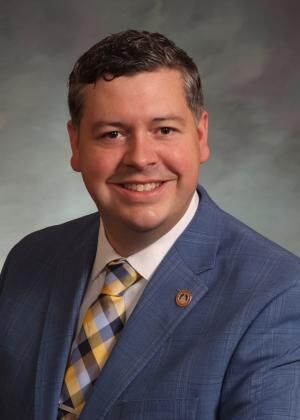
Last summer, the Colorado Latino Democratic Caucus had the opportunity to hear directly from communities about their priorities. As we identified community-led solutions we can implement together, we were struck by stories that showed the impacts of environmental injustice on Latinos across the state. We heard from families in mobile-home parks who don’t have access to clean drinking water. Parents worried their children won’t have job opportunities, much less safe, green ones. The threat of wildfires and climate-related disasters has worsened families’ struggles with mental health and COVID-19. From Pueblo to Greeley to Glenwood Springs, Latinos understand the deep relationship between communities and the environment. And they want Colorado to do better to protect both.
The Colorado Latino Policy Agenda is a first-of-its-kind community-driven research effort. In listening to communities, we hope to shape policy from the ground up. We conducted a statewide poll of 1,000 Latinos, surveyed community leaders, and held three in-person listening sessions across the state. The results show that Colorado Latinos overwhelmingly support policies that address drought and clean-water access, regulations that will phase out pollution and protect clean air, and a transition to clean energy.
But to truly serve Latinos, we can’t tackle things like climate change and water scarcity in a vacuum. We need to pay attention to how these problems intersect with other issues our Latino communities are currently facing.
To start, we need to recognize that Latinos are disproportionately harmed by the many threats to our environment. In the Denver metro area, Latinos bear the brunt of industrial pollution, due to a history of redlining, gentrification and displacement. Elsewhere in the Front Range, fracking is happening right next to majority-Latino schools instead of white-majority ones. On the Western Slope, high costs of living force a largely Latino workforce to live miles away from resort towns with economic opportunities and environmental benefits.
These environmental and social disparities add up to heightened health and safety risks. For example, the COVID-19 pandemic has taken a greater toll on Latinos. This is in part because we are more likely to face underlying respiratory problems from breathing polluted air. Cycles of gentrification, displacement, and eviction are also forcing Latinos from their homes, compounding the public health concern. Climate-induced disasters like wildfires and mudslides threaten Latinos living in rural areas. And Spanish-speakers often don’t have access to critical-life saving translated information about these dangers. What’s more, climate change is set to worsen these impacts and deepen the disparities.
Latino families in Colorado are working hard to ensure a better life for their children and future generations. We want better access to health care, secure jobs and protections for immigrants. These are all important policy priorities we will be working to address.
But the gains we make in these areas mean little if we can’t count on a healthy, safe environment. If we don’t have access to clean water, if our children can’t play outside due to unhealthy air quality, if we have to live in crowded houses and commute hours every day, or if we are dying early of cancer after years of enduring toxic pollution – are our dreams really within reach?
Latinos have expressed loud and clear that we want to be involved in environmental solutions. Many of us grew up with traditions that celebrate and care for our Mother Earth. We enjoy celebrations in public parks and recreating in our beautiful outdoors. We use public transportation, carpool and minimize waste by reusing what we have.
While we are proud of our environmental stewardship, not all of these practices are by choice. Many Latinos are forced into these low-impact lifestyles by poverty. It is a shame that even though our communities have historically contributed far less to global emissions, we will shoulder more of the burden. Our government and state institutions have a responsibility to correct this wrong.
We also need to recognize that the environmental movement in Colorado is filled with Black, Indigenous and Latino activists fighting for the health of our communities. Tragically, these leaders are often misrepresented or ignored by mainstream environmental groups, politicians and industry.
Our Latino communities’ wisdom points toward a bold vision of our future, where the environment and our health are two sides of the same coin. Colorado’s leaders need to act urgently to achieve this vision. As we phase out pollution, ensure a reliable supply of clean water and transition to clean energy, we must also provide access to health care, create jobs for Latinos in the renewable energy sector and make environmental spaces accessible for working people and monolingual Spanish speakers.
Not only is this a moral imperative, it’s also good politics. Latinos are the fastest-growing demographic in the country, and made up almost 16% of eligible voters in Colorado in 2020. If Colorado does not include the Latino community in climate and conservation solutions, we risk alienating a key part of the electorate. It is time to step up to our Latino communities’ demands for environmental justice and action. Our shared future is at stake.
Beatriz Soto, of New Castle, is director of Protégete at Conservation Colorado, where she works to uplift Latino leaders in the environmental movement. Alex Valdez, of Denver, is a solar energy entrepreneur who now represents District 5 in the Colorado House and chairs the House Energy & Environment Committee. Serena Gonzales-Gutierrez, of Denver, represents District 4 in the Colorado State House, where she champions legislation that combats climate change and protects the environment.




